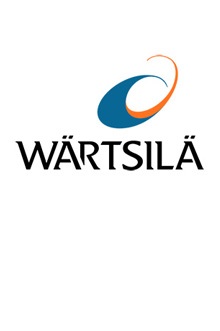
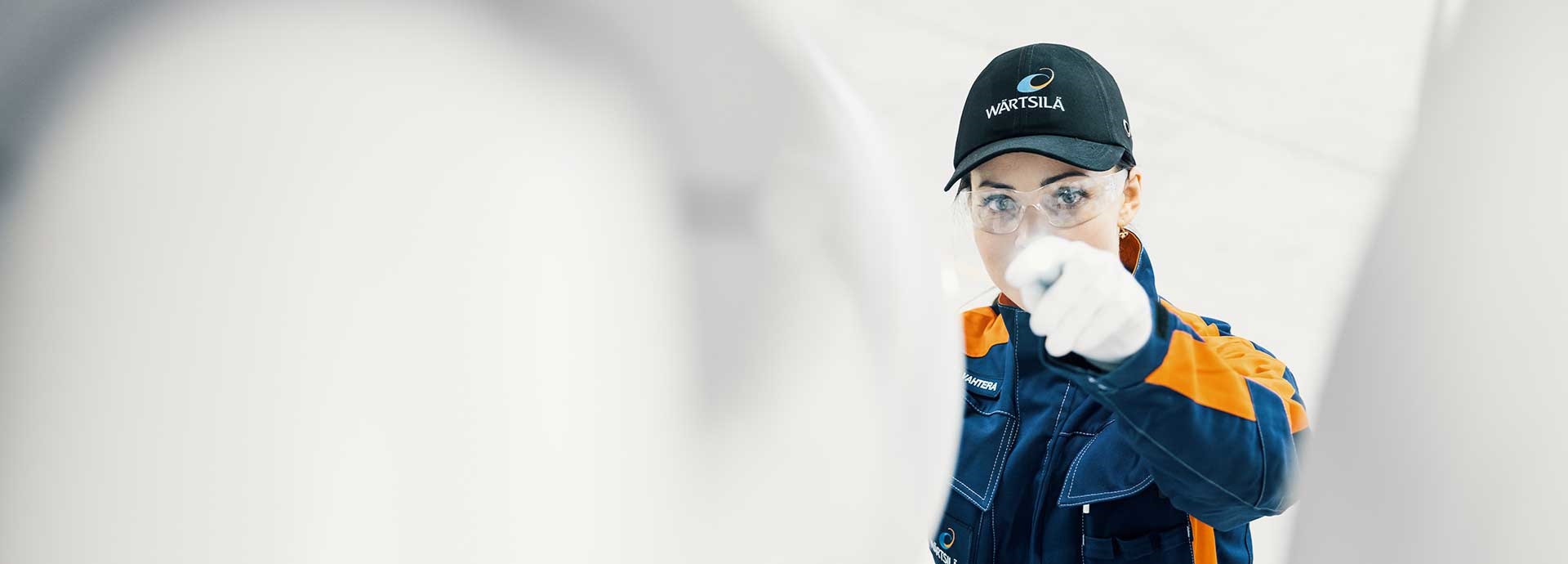
Energy and maritime are two traditionally male-dominated industries. According to the International Energy Agency, women make up only 22% of the total workforce in the energy sector globally. In maritime, the share is even lower.
This is not surprising, as women and girls remain widely underrepresented in science, technology, engineering, and mathematics fields (STEM), and as a result, are left out of the creation, use and regulation of technology. The stereotype of women not being suited to study and pursue careers in tech, is still alive and well.
The lack of inclusion diminishes the transformative potential of technology and whole industries’ potential for positive and sustainable change. On International Women’s Day 2023, the United Nations is drawing attention to just that with their campaign DigitALL: Innovation and technology for gender equality, highlighting the need for inclusion in technology.
Innovating sustainable societies and metaverse
Companies and industries play a crucial role in tackling the stereotypes and promoting gender equality. This year at Wärtsilä, we celebrated International Women's Day early with our event “Innovating sustainable societies and metaverse”, showing how women are making a difference.
Together with Women in Tech Finland network, we had the joy to welcome three amazing speakers: Malin Östman and Heli Etuaro from Wärtsilä and Laura Olin joining us from ZOAN. All three shared their career journeys and unique perspectives on their respective fields: energy, maritime and metaverse!
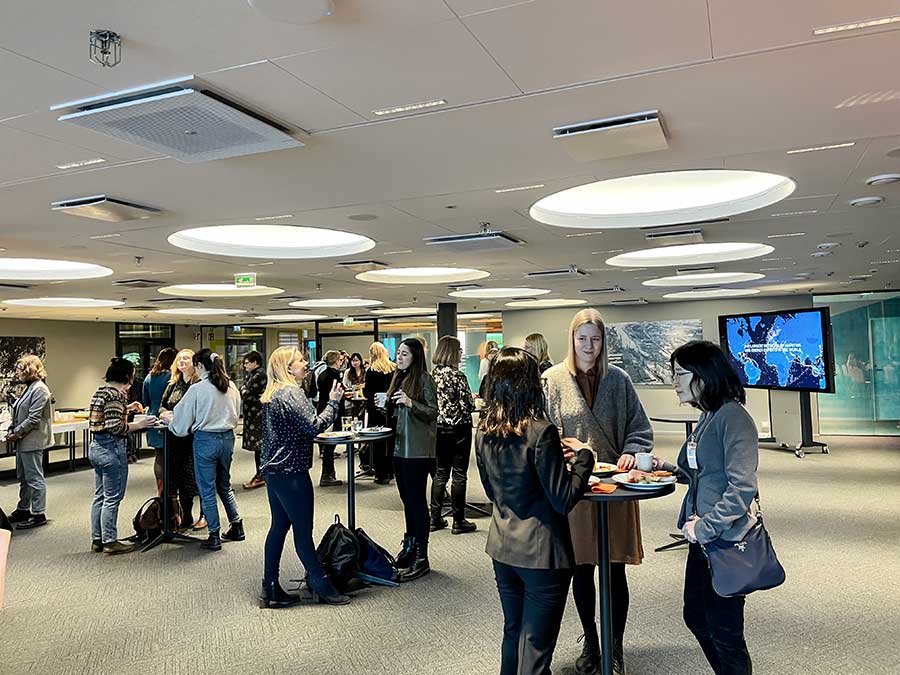
Towards a 100% renewable energy future
Malin Östman heads Strategy and Business Development at Wärtsilä Energy and is soon celebrating her 10-year anniversary with the company.
Over the years she has worked in different roles and has been able to meet people around the world and truly understand the need for affordable, reliable and sustainable energy.
“Power is a lifeline for people, communities and society as a whole - everybody needs electricity. Globally, the energy sector also plays a crucial role in reducing emissions and achieving net zero, and could do so relatively quickly”, she points out.
“Towards a 100% renewable energy future” has been Wärtsilä Energy’s mission already for over five years and Östman’s organisation currently leads the way in showing how this can be achieved.
“We do power system modelling to understand the power systems in different countries and areas on a really detailed level. This has really deepened our own understanding and what role we can play in helping to develop these systems.”
Through this understanding, Wärtsilä Energy has identified the most common path towards 100% renewable energy system. The path of course varies by country, but could often start by adding renewables and balancing capacity, then move onto phasing out inflexible plants, converting to sustainable fuels and lastly, phasing out fossil fuels.
“This change needs to be managed carefully. In the energy industry, we talk about the energy trilemma: energy should be affordable, reliable and sustainable”, she explains.
“Some countries could easily jump straight to phasing out fossils, but in many emerging countries, where I’ve worked for most of my career, we need to have a foundation of the new power systems first.”
Power is a lifeline for people, communities and society as a whole - everybody needs electricity.
“Mom, why is your generation destroying the world?”
Heli Etuaro is a Senior Digital Solutions Manager at Wärtsilä Marine Power, in charge of our Fleet Optimisation Solutions, that help to optimise everyday processes of ships to unlock efficiency and sustainability.
Her career has taken her through many interesting challenges combining technology and management, but it all started in her childhood, where she was emerged in tech from a very young age.
“My father, uncle and godfather all worked for the same tech company and every year our whole family was invited to their Christmas parties, where the office was like an amusement park. We also got the first computer as it came out, and my favourite thing was to play with it”, she remembers.
Family is also what keeps her motivated.
“Kids are so smart and aware these days. My 14-year-old daughter asked me one day, ‘Mom, why is your generation destroying the world?’ And I want to show that I care.”
Care for the world and our customers is also at the heart of Etuaro’s work with fleet optimisation.
“By deploying digital technologies in shipping, maritime could reduce emissions by 38% by 2050 – for a fleet of 50 vessels, emissions could be reduced by 100,000 tons of CO2 annually.”
Unfortunately, the industry is a little bit behind on its digital journey, with over 90% of the data gathered during each journey never even leaving the deck – meaning that the valuable insights key for optimising journeys, increasing efficiency and reducing emissions, are lost.
“A lot of work remains to be done, but it makes me so happy, that I can show to my kids that there are solutions already today and people who are working hard to make a difference.”
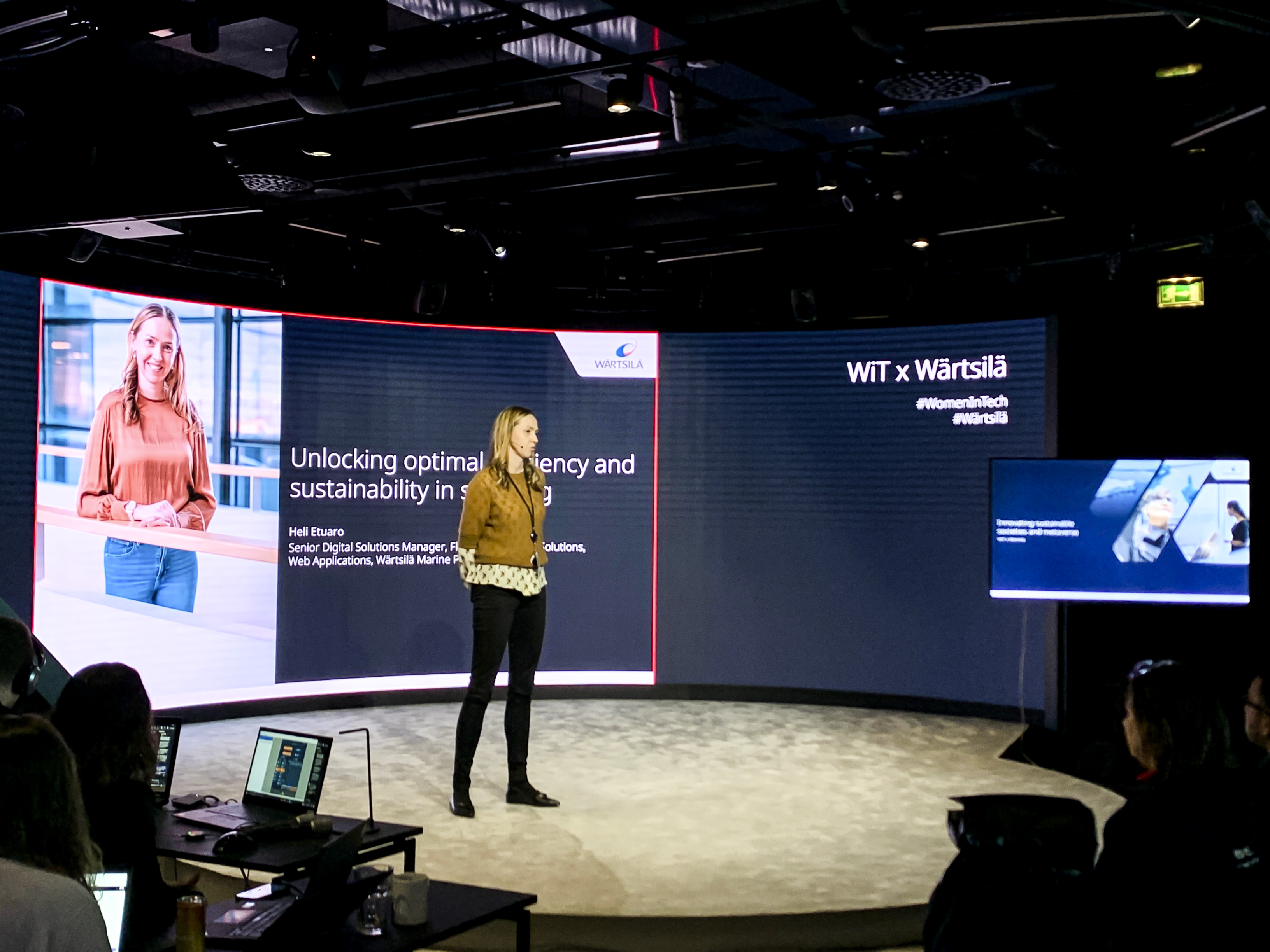
The sustainable possibilities of the metaverse
Laura Olin comes from ZOAN – a company that creates things ranging from immersive virtual experiences to interactive showrooms, events and full-scale Metaverse worlds. As the COO & Head of Studio she has a front row seat to the possibilities of metaverse.
She describes metaverse as a new platform for human interaction; something that creates endless possibilities for collaboration, innovation and development – even for industrial hands-on work. For example, in a collaboration project with VTT (Technical Research Centre of Finland) and a group of selected companies, ZOAN investigated the possibilities of human-driven, industrial metaverse.
“We found that by bringing the physical and virtual worlds together, we could enable collaboration, the use of novel tools and have a positive impact on people, which was really encouraging to see”, Olin commented.
Metaverse can also support sustainability efforts by helping to visualise the environmental issues the planet is facing, by reducing unnecessary travel and also simply by reducing the need to own everything in the physical form.
“As an example, instead of flying every sea captain around the world to test a vessel or a new solution, they could test its digital twin in the virtual world. This is already happening at Wärtsilä.”
Olin herself is most excited about cases, where the metaverse can encourage real-life change.“A great example of this is the MetAmazonia project – a metaverse of the largest private reserve in Amazonia. You can purchase a piece of land in the metaverse, and that way support the reservation efforts in the physical world and also yourself see these changes in the virtual one.”
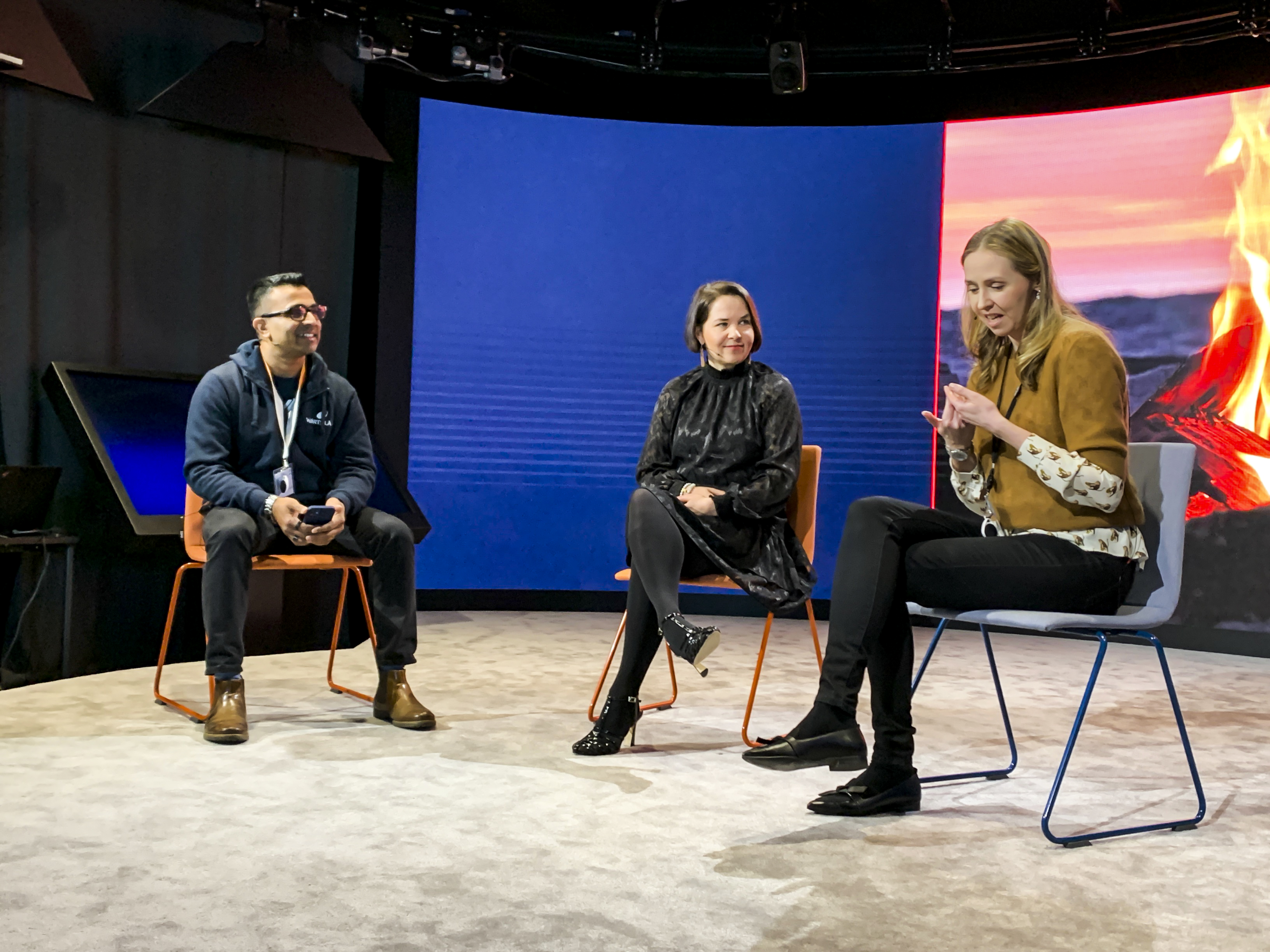
These inspiring women showed us again that women truly belong in tech and in the energy and marine industries. We need to continue breaking the stereotypes and exclusion structures and encourage girls and women to pursue studies and careers in tech – it is crucial for a sustainable future.
Did you like this? Subscribe to Insights updates!
Once every six weeks, you will get the top picks – the latest and the greatest pieces – from this Insights channel by email.
